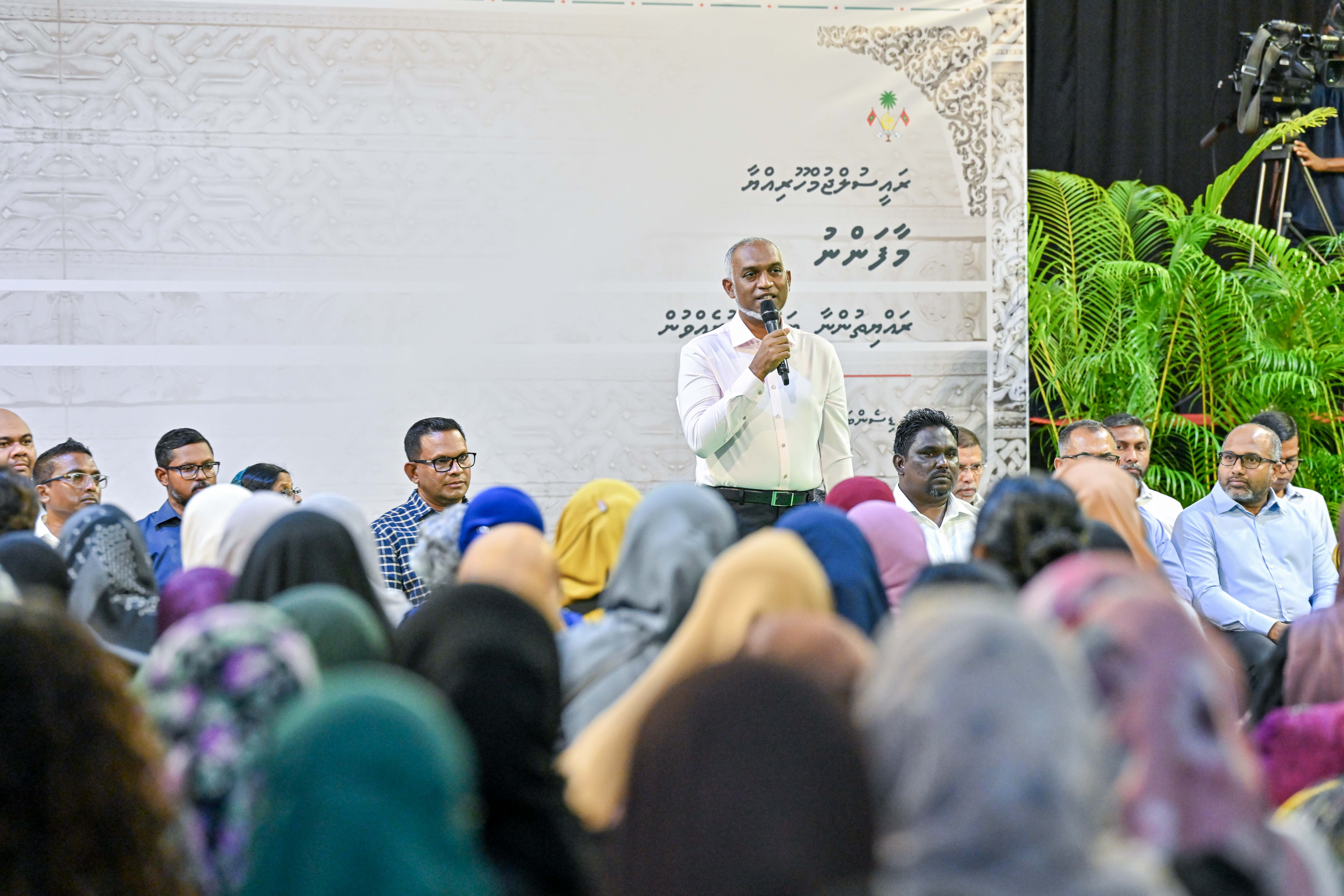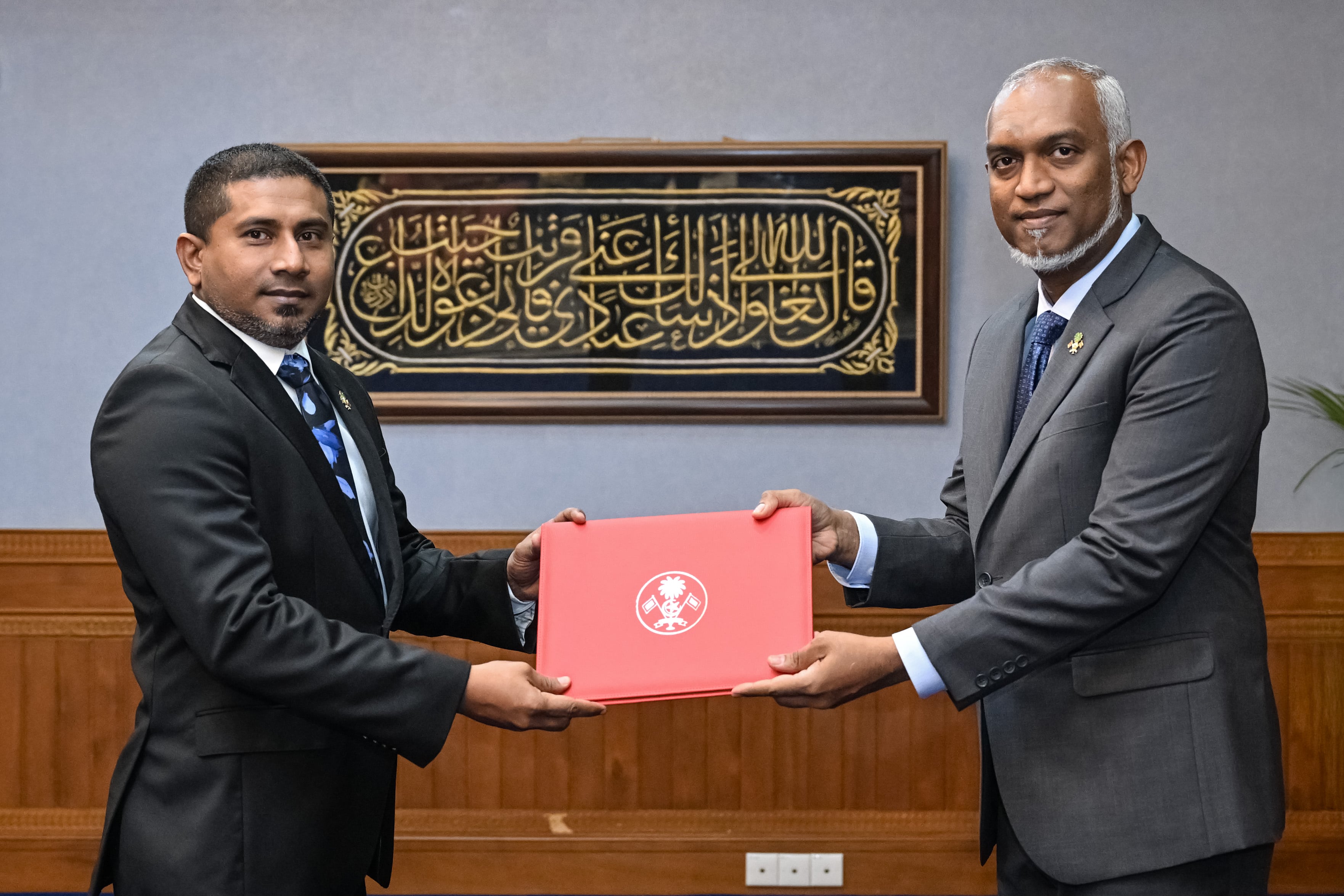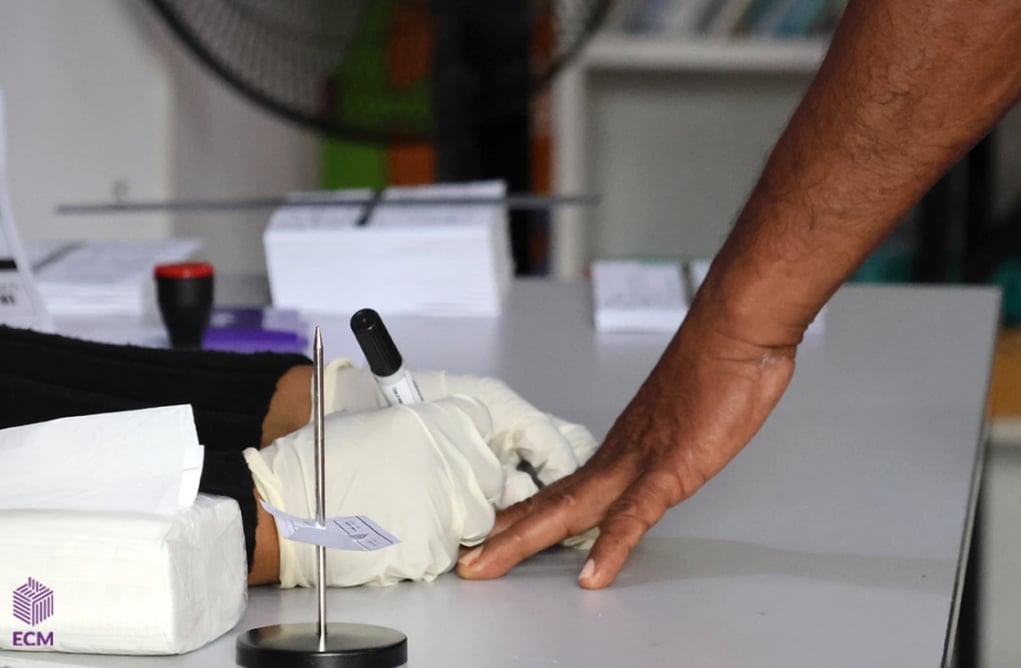UN Secretary-General Antonio Guterres on Tuesday warned global leaders that the world has never been more threatened or more divided, and is facing the greatest cascade of crises, citing the COVID-19 pandemic, a global climate crisis, and unrest in Afghanistan and other countries as examples.
Secretary-General Antonio Guterres rang the alarm in his annual state-of-the-world speech at the opening of the U.N. General Assembly.
“We are on the edge of an abyss — and moving in the wrong direction," Guterres said. “I’m here to sound the alarm. The world must wake up.”
Guterres said people may lose faith not only in their governments and institutions but in basic values when they see their human rights curtailed, corruption, the reality of their harsh lives, no future for their children — and “when they see billionaires joyriding to space while millions go hungry on Earth.” Guterres also stated that human rights are under attack, science is under attack, and economic lifelines for the most vulnerable are arriving too late and too little, if at all, and solidarity is lacking in action just when the world needs it most.
Outlining six “Great Divides” that must be bridged now, he called for greater action in areas such as climate policy, gender equality, and closing the gap between rich and poor. He also urged to ensure that the half of humanity that has no access to the Internet is connected by 2030, and tackle the generational divide by giving young people a seat at the table.
“This is our time. A moment for transformation. An era to re-ignite multilateralism. An age of possibilities,” the Secretary-General told world leaders and ambassadors.
“Let us restore trust. Let us inspire hope. And let us start right now.”
In-person and on-screen, world leaders return to the United Nations foremost gathering for the first time in two years on Tuesday with a formidable, diplomacy-packed agenda of escalating crises to tackle, including the still-raging COVID-19 pandemic and a relentlessly warming planet.
Other pressing issues include rising US-China tensions, Afghanistan’s unsettled future under its new Taliban rulers, and ongoing conflicts in Yemen, Syria, and Ethiopia’s embattled Tigray region.
Last year, no leaders came to the UN because the coronavirus was sweeping the globe, so all addresses were pre-recorded. This year, the General Assembly offered leaders a choice — come to New York or remain online. More than 100 decided to appear in person in the General Assembly hall.
Secretary-General Antonio Guterres rang the alarm in his annual state-of-the-world speech at the opening of the U.N. General Assembly.
“We are on the edge of an abyss — and moving in the wrong direction," Guterres said. “I’m here to sound the alarm. The world must wake up.”
Guterres said people may lose faith not only in their governments and institutions but in basic values when they see their human rights curtailed, corruption, the reality of their harsh lives, no future for their children — and “when they see billionaires joyriding to space while millions go hungry on Earth.” Guterres also stated that human rights are under attack, science is under attack, and economic lifelines for the most vulnerable are arriving too late and too little, if at all, and solidarity is lacking in action just when the world needs it most.
Outlining six “Great Divides” that must be bridged now, he called for greater action in areas such as climate policy, gender equality, and closing the gap between rich and poor. He also urged to ensure that the half of humanity that has no access to the Internet is connected by 2030, and tackle the generational divide by giving young people a seat at the table.
“This is our time. A moment for transformation. An era to re-ignite multilateralism. An age of possibilities,” the Secretary-General told world leaders and ambassadors.
“Let us restore trust. Let us inspire hope. And let us start right now.”
In-person and on-screen, world leaders return to the United Nations foremost gathering for the first time in two years on Tuesday with a formidable, diplomacy-packed agenda of escalating crises to tackle, including the still-raging COVID-19 pandemic and a relentlessly warming planet.
Other pressing issues include rising US-China tensions, Afghanistan’s unsettled future under its new Taliban rulers, and ongoing conflicts in Yemen, Syria, and Ethiopia’s embattled Tigray region.
Last year, no leaders came to the UN because the coronavirus was sweeping the globe, so all addresses were pre-recorded. This year, the General Assembly offered leaders a choice — come to New York or remain online. More than 100 decided to appear in person in the General Assembly hall.


















